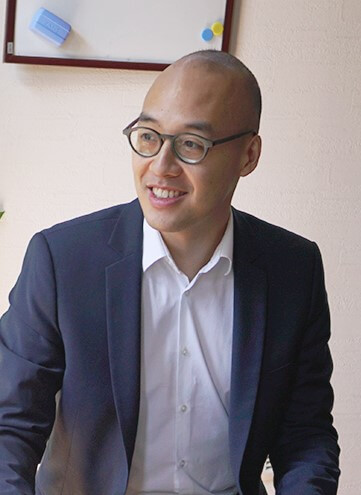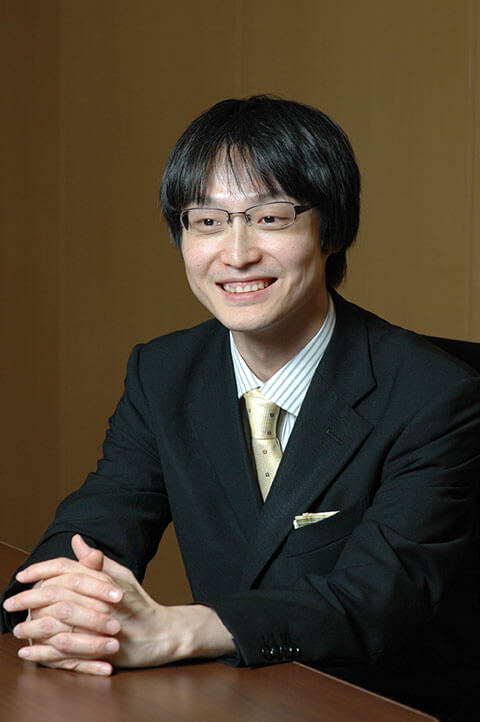An admission guide to Japanese universities with English-based program
総合型選抜(AO推薦入試)のプロによる無料相談受付中!
無料個別相談を予約する >
Foreword
Thank you for your interest in this admission guide to Japanese universities. The purpose of this article is to share all the essential information you need to know to apply for Japanese universities.
Why am I writing a guide how to apply for Japanese universities? Depending on a variety of factors, the admission procedures will be different. The following factors changes the procedures:
- Japanese nationals, permanent or other permitted residents in Japan and overseas students
- Type of admission (AO Admission, Suisen Admission (推薦), General Admission)
- Faculty of the university
- April or September term
This article is aimed for English-speakers with residency in Japan and students who have interest in studying at a university with English-based program. From this point on, all mentions are referred to the English-based program of Japanese universities unless stated otherwise.
Nationality and types of admission
Generally speaking, Japanese universities permit everyone, including Japanese nationals, to study in their English-based program, although the number of admitted students are limited. Although, bear in mind there are some universities that do prohibit Japanese high school students to enter these programs.
For English-based programs, there is only one type of admission, generally referred only as “Admission” and sometimes called “AO Admission” or “Application”. This admission requires prospect students to submit a number of documents, such as your information, certifications, transcripts, personal statements etc. Depending on the faculty of the university, additional screening such as an interview, on-site written essay, self-introduction video or presentation are also part of the admission screening procedure.
Required documents
Besides the personal information, there are four big parts in the admission you should be aware of.
Personal statement
A written essay, ranging from 500 words to 1000 words, commonly about their motivation for applying to their university of choice and future goals. Sometimes, students have to write about a given topic which usually involves around the domain in which the faculty is about. This personal statement is an important part in the selection process as this is only one of the few ways for the students to stand out among their peers.
Letter of recommendation
Some universities require a recommendation letter from a past teacher or a person connected with the student.
Certificate to prove English proficiency
In most cases, if the students are not native English speakers and have not studied in a school system where English was the primarily language, they have to submit a certificate such as TOEFL or IELTS to prove their English proficiency. Bear in mind that most universities require the submission of this certificate by the organization itself, which usually takes a few weeks to arrive at the university of their choice.
Certificate of University Entrance Qualification
Universities require the submission of a certificate of university entrance qualification, usually regarding IB, SAT and ACT. If student’s education system does not utilize these certificates, then other types might be accepted. Bear in mind that most universities require the submission of this certificate by the organization/school itself, which usually takes a few weeks to arrive at the university of their choice. Please refer to the admission guide of the respective university for more details.
As you can see, there is a lot of documents you have to submit. I recommend you to check out the university admission guide well in advance to have enough time to prepare for the admission. The information for the admission is usually released 10-11 months prior the start of the term.
Admission Period
Although the information for the admission is released quite in advance (10-11 months before the beginning of the term), the deadline to submit the documents can follow quite soon after. The students are generally only allowed to submit the documents during a roughly 4 weeks period. Some universities have multiple admission period over the course of the year. Therefore, the deadline can be as early as 11 months to 6 months before the term starts.
A special note here again, that certain certificates such as the TOEFL and SAT have to be sent from the organization/school itself to the university which usually takes a few weeks to arrive. In general, the students should check the previous admission period to get a feeling when it roughly will be to have enough time to prepare all the necessary documents for a successful admission.
Interview, Presentation, Self-Introduction video
Some universities employ interviews, presentations and self-introduction video to further examine prospect students. Depending on the faculty, some have to be taken on-site or they can be taken or sent in online. In general, the students are asked about their profile, their motivation for applying, future goals and anything related specific to the faculty of the university.
On-site written exam (for domestic students)
Waseda University “School of international liberal studies” (SILS) has an on-site written English exam for domestic students called “Critical Writing”, usually reading over 500 words about various topics and answer questions in English, multiple-choice and written answers. Typical topics are about current world events and their impact on the society.
Last words
That is basically it. Although the admission is a hassle, if you prepare enough in advance, such as requesting the necessary documents in advance, then it should not be a problem. I hope this article managed to give you insight into the Japanese admission procedures. I highly recommend to check out the admission guide of the university of your choice to know all the important details about their specific procedures and requirements.
Simon has worked in the IT industry for 9 years as an IT Product Manager. In 2018, he was chosen by the Swiss-Japanese Chamber of Commerce to receive the prestigious scholarship and consequently moved to Japan from Switzerland to learn more about the country and the culture. He has a huge passion to make a positive impact in people’s life which shows in his engagement in various volunteering activities.





